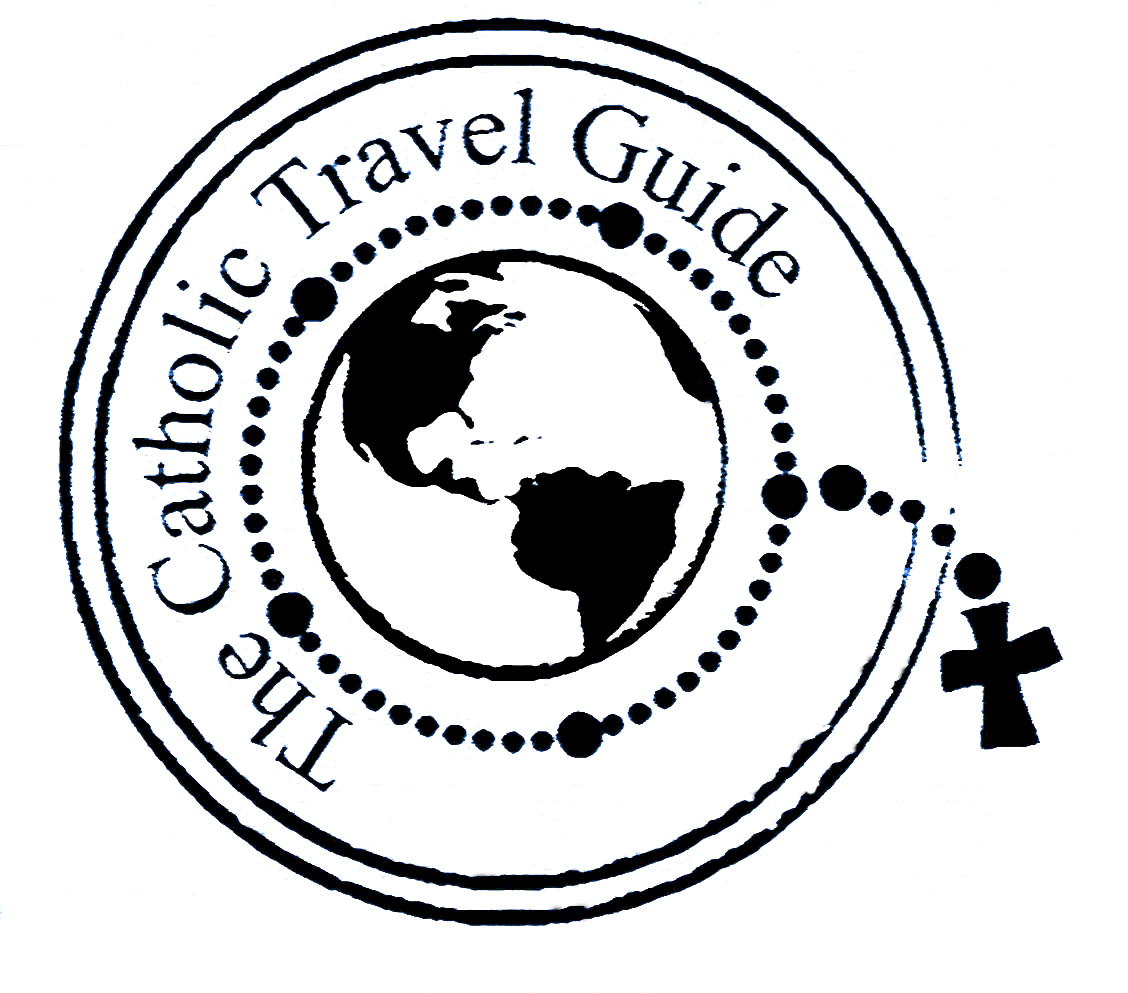Tips to Help Avoid—or Reduce—Jet Lag
This page is primarily for those traveling long distance from the Americas, Australia, or other countries where flights are about 6 hours or more.
When traveling overseas you naturally want to arrive as fresh as possible. After traveling overnight on a long flight you might end up a bit dis-oriented, feeling exhausted, anxious or just confused. Here are a few suggestions to avoid this:
1. Drink plenty of water. The air on planes is very dry so try to drink as much water as possible.
2. Avoid caffeine and alcohol. Both of these can make the effects of jet lag more pronounced.
3. As soon as you get on the airplane, set your watch for your destination’s time. You don’t need to focus on what time it is back home. Sleep as much as you can on the plane.
4. Upon arrival, avoid taking a nap. Even though you might want to, it will only add to the jet lag. Instead, go outside and get some sun (if possible). If there is no sun then try to take a walk or if weather does not permit get some exercise indoors.
5. If possible, try to schedule flights that arrive in the afternoon. This is pretty difficult to do under most circumstances, since most flights arrive in the morning, but occasionally you may find one. And be aware that you probably will not absorb a lot the first day of your trip. Whether on an organized tour or traveling on your own, this day will find most people a bit jet-lagged.
6. After you arrive, try to eat when the locals do. For example, in many European countries they eat much later than in the U.S. so try to adapt to their time schedule.
7. Don’t plan to sleep in the day after you arrive. Of course if you are with a group this probably will not be an option anyway. But whether with a group or traveling independently, get up on time, you may feel a bit tired that first day but it will help you adjust.

